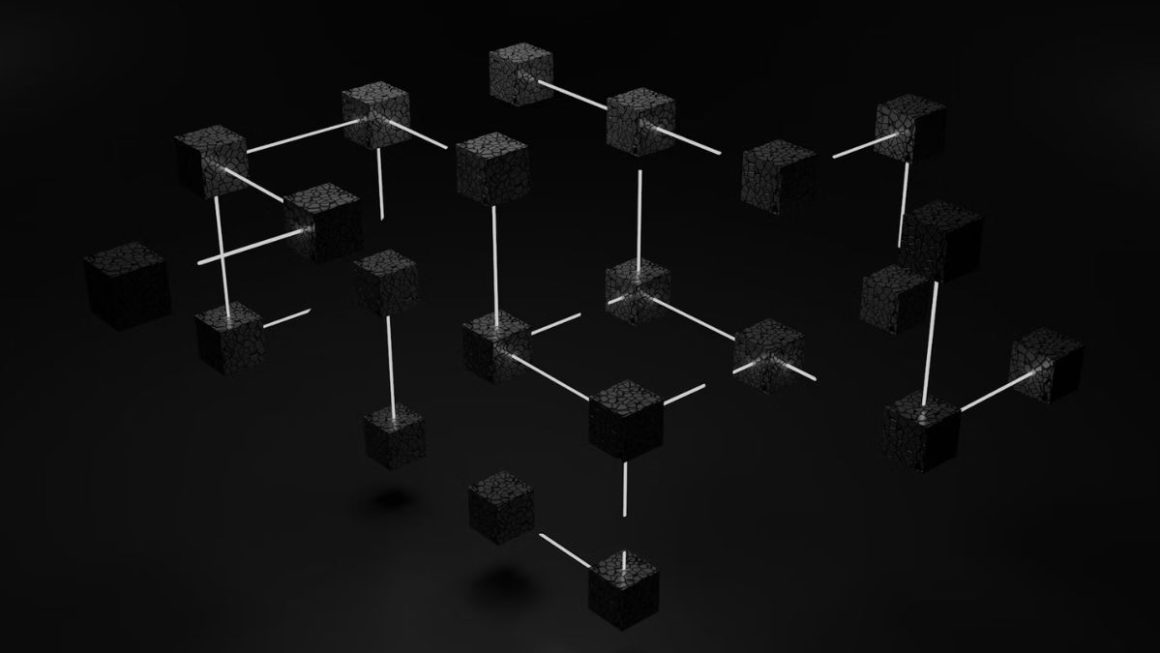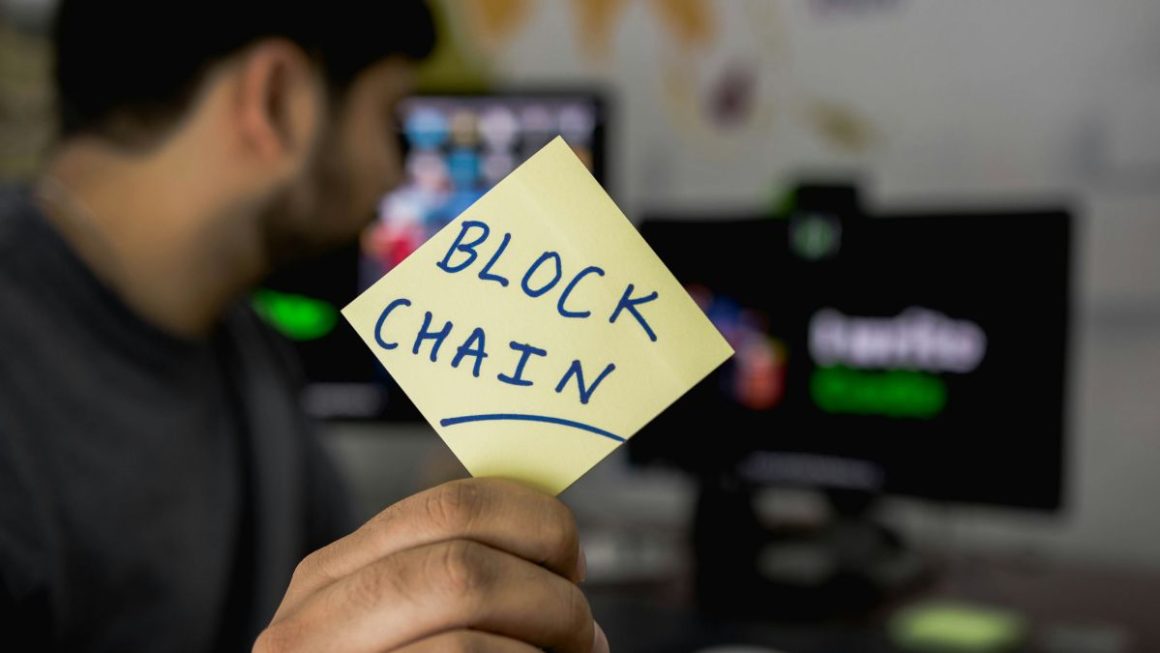With over 5,000 different cryptocurrencies available today, there is no doubt that digital money is here to stay. Cryptocurrency, also referred to as an encrypted and decentralized digital payment system, continues to gain momentum as investors and stakeholders look into its potential to revolutionize more than just the financial industry.
Blockchain technology, which manages and records all cryptocurrency transactions, is among the main factors that make digital currency appealing. Since it’s decentralized, no one authority maintains the value of cryptocurrency and manages the money supply. That means users from anywhere in the world can transact freely and instantaneously.
Every transaction is verified and recorded on the blockchain, and this public ledger is updated and shared among all cryptocurrency users to keep records accurate and identical.
Table of Contents
How Bitcoin Works
As the first cryptocurrency, Bitcoin is among the most popular and is currently the largest by market value. People use Bitcoins to buy goods and services online. They also exchange it for gift cards and even load Bitcoins to a debit card to make purchases. Investors who are more familiar with the cryptocurrency system and are bold enough to take the risk buy Bitcoins to diversify their investments.
Bitcoin creation involves mining, the process through which records of a new transaction are added to the blockchain. Bitcoin miners need to run basic mining software and use sophisticated hardware to solve complex mathematical calculations or algorithms. Miners who succeed get rewarded with 25 newly generated Bitcoins.
What is a Crypto Wallet?
If you’re going to buy or exchange cryptocurrencies, you’ll need a digital wallet—a software program or app that can hold your currency and allow you to send and receive digital money. Generally, there are four types of digital wallets: desktop, mobile, web, and hardware.
Your digital wallet comes with public and private keys. A private key is important for security because it corresponds to a user’s digital wallet address and serves as the unique digital code that only the specific user can access. If your private keys are stolen or lost, you won’t be able to access your digital currency and lose all your funds.
How to Protect and Secure Your Digital Wallet
Here are some of the best practices you can take to stay ahead of cyber threats and protect your digital investments.
• Use Multiple Wallets And Choose The Right Ones That Fit Your Needs
There is a wide variety of crypto wallets to choose from, so do your research and look for secure wallets that match your trading and storage requirements. See to it that you work with credible and reputable digital wallet providers to avoid the risks of getting scammed. Go for reliable providers who offer strong security measures and protection for wallets.
Don’t make the mistake of keeping all your funds in one crypto wallet. You can have as many wallets or addresses as you want. It’s best to store your digital money in at least two types of crypto wallets. One is the hot wallet—this is typically an online wallet where you can hold a small number of digital funds for trading and daily transactions. The other one is the cold wallet or cold storage—an offline wallet where you can store the rest of your funds or savings.
• Backup, Backup, Backup
Make it a habit to back up all your wallets regularly, including the private keys, so you can quickly get access to your digital funds in case of a computer or software failure. Also, this may be the only way to recover your currency and data if it gets lost or stolen. Consider backing up your wallet in multiple devices or locations—paper, hard drives like USBs and CDs, or colocation servers. See to it that all your backups are encrypted for an added layer of protection.
• Strong Passwords, Encryption, And Two-Factor Authentication
Strong, lengthy passwords are more difficult to crack. They serve as your first line of defense against malicious hackers. Go for a unique mix of lowercase and uppercase letters, symbols, and numbers. If you have multiple crypto wallets, see to it that you have separate strong passwords for each.
Never share your passwords or private keys with anyone. Store them securely by writing them down on a piece of paper and keeping it in a safe vault or use a reliable and encrypted password manager.
Add another layer of security beyond your username and password by turning on two-factor authentication (2FA). This will protect your crypto wallet from hijacking attempts because it requires further verification before anyone can sign in to the account or withdraw and send digital money. The process may link your account to a phone or mobile app, and the 2FA code is sent as a text or email.
Encryption also helps thwart any third-party attempts to access your crypto wallet and steal your digital currency. This process allows you to set a strong and unique password, so your digital coins get locked when unscrupulous individuals try to sign in to your account. No one will be able to get your coins unless they have access to your password.
• Secure Your Devices And Internet Connection
Keep your software up-to-date at all times so you can benefit from the latest and most enhanced security features that your crypto wallet can accommodate. Always use strong anti-virus software and firewall that can readily detect and prevent malware and phishing attacks. Be vigilant whenever you’re browsing suspicious sites because these can be used to attack your devices.
Public Wi-Fi networks are vulnerable to cyber-attacks, so it’s best to use a secure and private network when accessing your crypto wallet. You can also use a Virtual Private Network or connect to a hotspot to ensure anonymity online and encrypt your IP address.
Take a Proactive Approach To Crypto Security
The stakes are getting higher as Bitcoin and other cryptocurrencies continue to boom. This also means that more scammers and malicious entities are targeting unwary holders and traders to steal their digital money. It’s the responsibility of the cryptocurrency holder to take all precautions to keep their crypto wallets safe and secure.
Also Read : The Mining Boom Has Caused Many Graphics Cards




